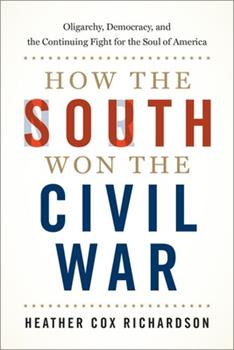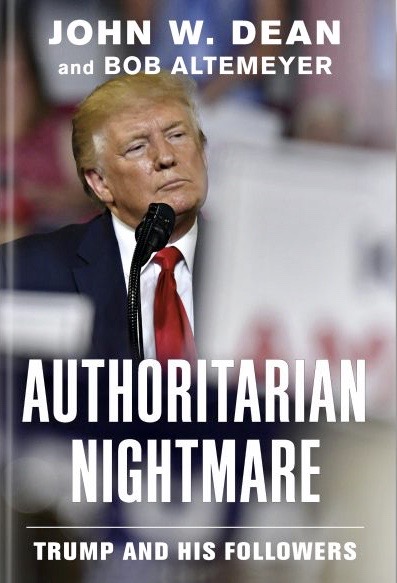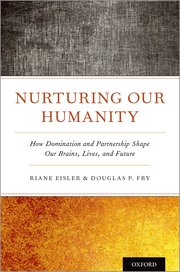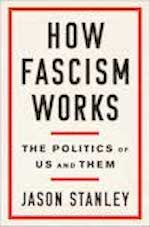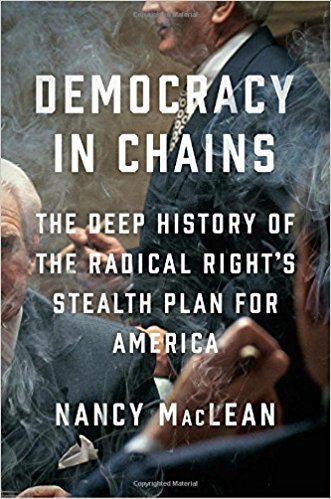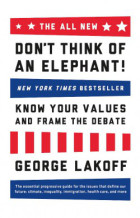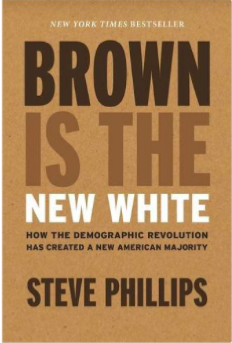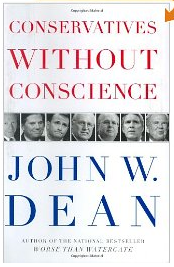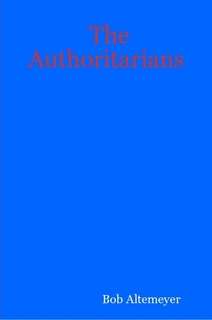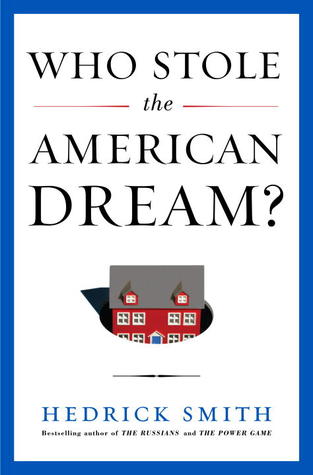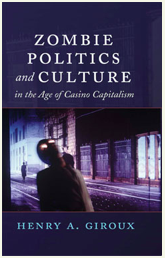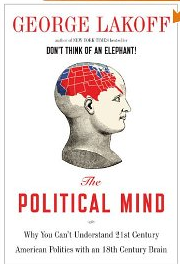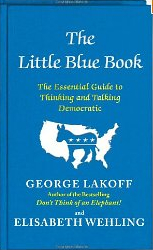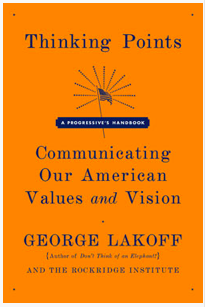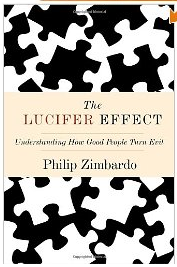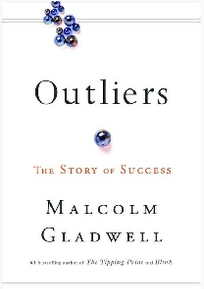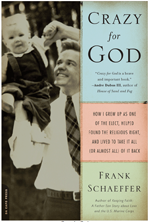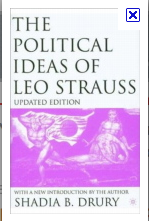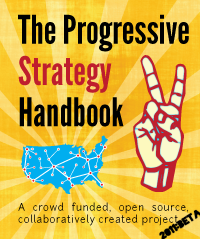Excerpts from JFK’s Commencement Address at American University in 1963, which had a profound affect on the Soviets and lead to the limited nuclear test ban treaty:
There are few earthly things more beautiful than a University,” wrote John Masefield, in his tribute to the English Universities – – and his words are equally true here. He did not refer to spires and towers, to campus greens and ivied walls. He admired the splendid beauty of the University, he said, because it was ” a place where those who hate ignorance may strive to know, where those who perceive truth may strive to make others see.
I have, therefore, chose this time and this place to discuss a topic on which ignorance too often abounds and the truth is to rarely perceived – – yet it is the most important topic on earth : world peace.
What kind of peace do I mean? What kind of peace do we seek? Not a Pax Americana enforced on the world by American weapons of war. Not the peace of the grave or the security of the slave. I am talking about genuine peace – – the kind of peace that makes life on earth worth living — the kind that enables man and nations to grow and to hope and to build a better life for their children – – not merely peace for Americans but peace for all men and women – – not merely peace in our time but peace for all time.
…
Some say that it is useless to speak of world peace or world law or world disarmament – – and that it will be useless until the leaders of the Soviet Union adopt a more enlightened attitude. I hope they do. I believe we can help them do it. But I also believe that we must re-examine our own attitude – as individuals and as a Nation – – for our attitude is as essential as theirs. And every graduate of this school, every thoughtful citizen who despairs of war and wishes to bring peace, should begin by looking inward – – by examining his own attitude toward the possibilities of peace, toward the Soviet Union, toward the course of the Cold War and toward freedom and peace here at home.First: Let us examine our attitude toward peace itself. Too many of us think it is impossible. Too many of us think it is unreal. But that is dangerous, defeatist belief. It leads to the conclusion that war is inevitable – – that mankind is doomed – – that we are gripped by forces we cannot control.
We need not accept that view. Our problems are manmade – – therefore, they can be solved by man. And man can be as big as he wants. No problem of human destiny is beyond human beings. Man’s reason and spirit have often solved the seemingly unsolvable – – and we believe they can do it again.
…
Truly, as it was written long ago: “The wicked flee when no man pursueth.” Yet it is sad to read these Soviet statements – – to realize the extent of the gulf between us. But it is also a warning – – a warning to the American people not to fall into the same trap as the Soviets, not to see only a distorted and desperate view of the other side, not to see conflict as inevitable, accommodations as impossible and communication as nothing more than an exchange of threats.No government or social system is so evil that its people must be considered as lacking in virtue. As Americans, we find communism profoundly repugnant as a negation of personal freedom and dignity. But we can still hail the Russian people for their many achievements – – in science and space, in economic and industrial growth, in culture and in acts of courage.
…
So, let us not be blind to our differences – – but let us also direct attention to our common interests and to means by which those differences can be resolved. And if we cannot end now our differences, at least we can help make the world safe for diversity. For, in the final analysis, our most basic common link is that we all inhabit this planet. We all breathe the same air. We all cherish our children’s future. And we are all mortal.…
We must conduct our affairs in such a way that it becomes in the Communists’ interest to agree on a genuine peace. Above all, while defending our vital interest, nuclear powers must avert those confrontations which bring an adversary to a choice of either a humiliating retreat or a nuclear war. To adopt that kind of course in the nuclear age would be evidence only of the bankruptcy of our policy – – or of a collective death-wish for the world.…
We must conduct our affairs in such a way that it becomes in the Communists’ interest to agree on a genuine peace. Above all, while defending our vital interest, nuclear powers must avert those confrontations which bring an adversary to a choice of either a humiliating retreat or a nuclear war. To adopt that kind of course in the nuclear age would be evidence only of the bankruptcy of our policy – – or of a collective death-wish for the world.…
But wherever we are, we must all, in our daily lives, live up to the age-old faith that peace and freedom walk together. In too many of our duties today, the peace is not secure because freedom is incomplete.It is the responsibility of the Executive Branch at all levels of government – – local, state and national – – to provide and protect that freedom for all of our citizens by all means within their authority. It is the responsibility of the Legislative Branch at all levels, wherever that authority is not now adequate, to make it adequate. And it is the responsibility of all citizens in all sections of this country to respect the rights of all others and to respect the law of the land.
…
The United States, as the world knows, will never start a war. We do not want a war. We do not now expect a war. This generation of Americans has already had enough – – more than enough – – of war and hate and oppression. We shall be prepared if others wish it. We shall be alert to try to stop it. But we shall also do our part to build a world of peace where the weak are safe and the strong are just. We are not helpless before that task or hopeless of its success. Confident and unafraid, we labor on – – not toward a strategy of annihilation but toward a strategy of peace.
Regards,
Jim




